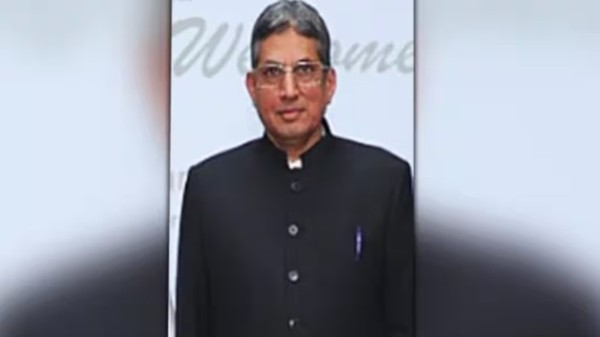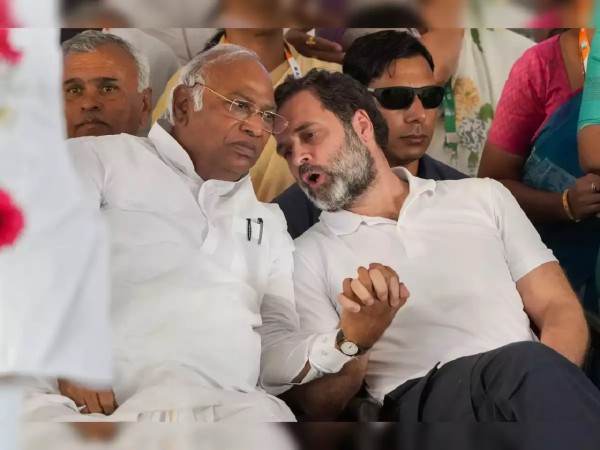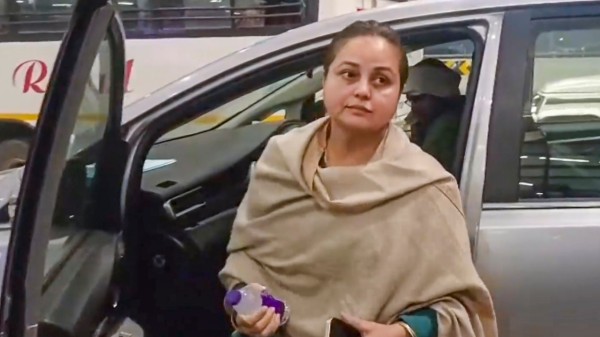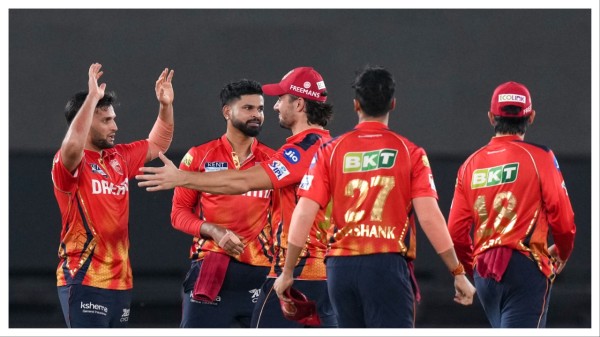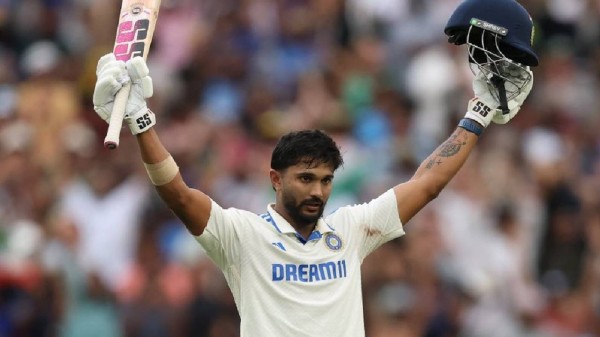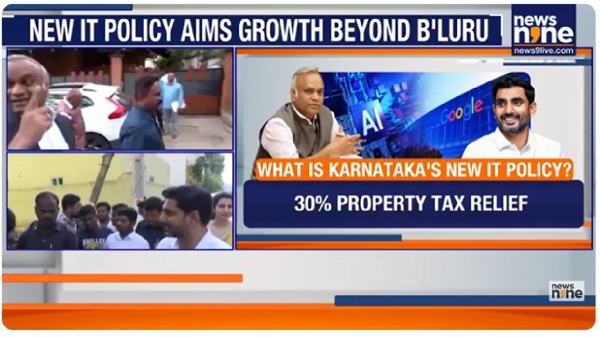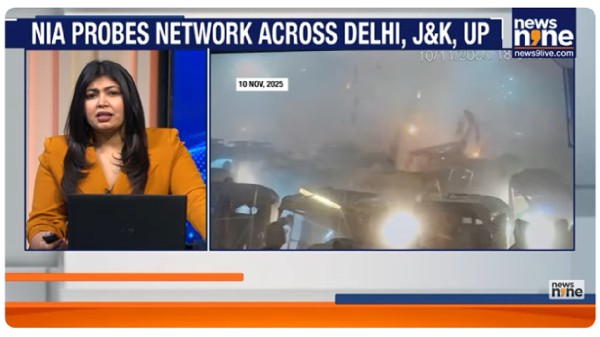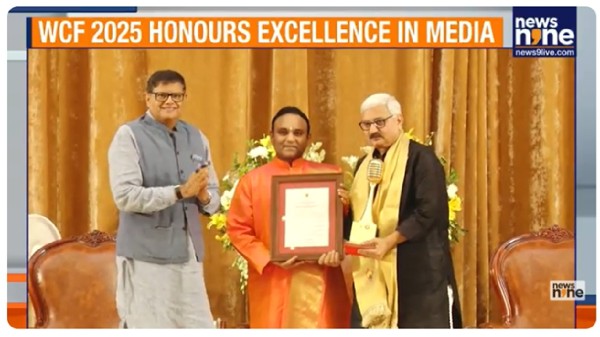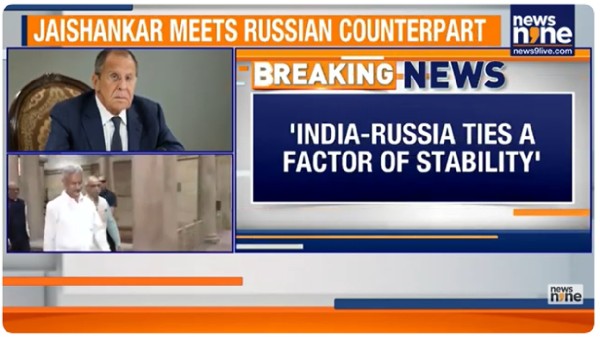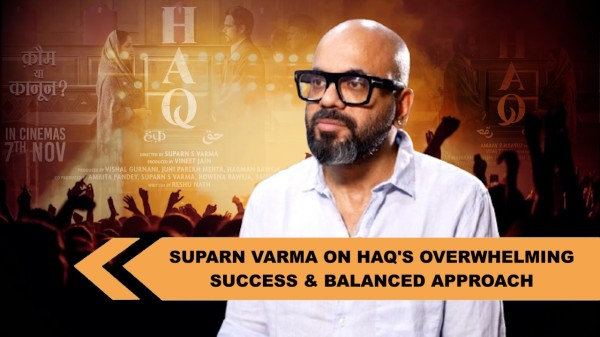

By signing in or creating an account, you agree with Associated Broadcasting Company's Terms & Conditions and Privacy Policy.


By signing in or creating an account, you agree with Associated Broadcasting Company's Terms & Conditions and Privacy Policy.
Iraq recently conducted parliamentary elections to select a new 329-member parliament. Prominent figures, including Former Prime Minister Nouri al-Maliki and militia leader Qais al-Khazali, were among the first to cast their ballots in Baghdad.
Despite the electoral process proceeding smoothly, a key concern emerged regarding the significantly low voter turnout. This subdued participation is attributed to widespread citizen frustration stemming from persistent issues such as corruption, high unemployment rates, and perceived weak governance.
Analysts have voiced warnings that this dwindling engagement from the electorate could exacerbate the existing crisis of confidence within Iraq’s political system. The nation continues to navigate a delicate geopolitical balancing act between the influential interests of the U.S. and Iran, adding another layer of complexity to its internal political landscape. The low turnout underscores a broader public distrust that challenges the legitimacy and future stability of the Iraqi government.
